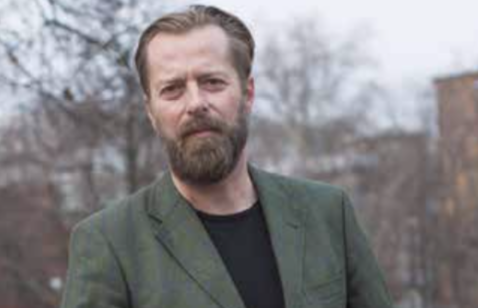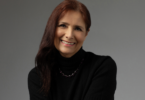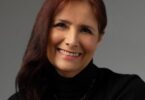Since the 5th century BC the medical profession has been guided by the ethical maxims enshrined in the Hippocratic Oath, which, among other things obliges physicians to share — at no cost — medical knowledge with others who are interested.
But how do we keep the oath of Hippocrates alive in a digital world in which knowledge is created by algorithms, asks Berlin-based Bart De Witte, who was, until recently a regional director of digital health at IBM. De Witte left that job earlier this year to focus on creating artificial intelligence that is based on open models available to all, a key component, he says in ensuring universal health care.
De Witte is in the process of formingthe Hippo Foundation, a not-for-profit organization that is raising funds in stealth mode.
He says he believes we are at a pivotal time in history. When Gutenberg invented the printing press he effectively democratized knowledge. “Without it, none of the stunning inventions that have changed medicine and our world, increased prosperity, and decreased inequalities in wealth, status, education and health would have been possible,” he says. Currently, investments in AI are being driven by private investors, mostcoming from venture capital firms,he says, and this will lead to a world where knowledge gets privatized, leading to data hegemony. Knowledge needs to be open and remain a public good, or we could risk to turn back to the pre-Gutenberg era, he says.
“Open and free access to knowledge leads to human societal progress,” he says. “Having no access to data and open AI models leads to zero progress.” What’s more, he says, the expected market consolidation of AI health care data could undermine the foundation of altruism on which modern medicine was built.
Major internet platforms like Amazon, Google and Alibaba have started significant investments in the digital health care sector. And consolidations through mergers and acquisitions of innovative AI appear likely. As these companies feed more data into its algorithms, it will give the companies important competitive advantages and enable winner-take-all markets, rather than ensuring that society benefits the most from AI in medicine,says De Witte.
“With AI we have the opportunity to really solve current and future inequalities in health care or to increase them,” he says. “The question we need to ask as a society is do we want health care expert knowledge to become a private or a public good?” De Witte argues that “AI should not be owned by a corporate or a government — it should be owned by all of us.” His NGO would act as an open source foundation that facilitates open sourced training of medical AI algorithms. It will introduce a new licence model that is based on so- called federated AI. Federated learning is a new framework for AI model development that can be distributed via decentralized organizations, centralizing the learning effects without compromising user privacy. The new licence model allows entrepreneurs and developers to build for-profit products and services. “While the end-products won’t be free, the knowledge will be,” says de Witte. “Anyone using the database would be obliged to give back by sharing their learnings, enriching the data, and improving healthcare.”
De Witte plans to launch his NGO by the end of the year.
“We have a choice,” says De Witte. “A choice of becoming one of the dumbest generations because we reversed public access to knowledge, or the generation that uses the superpower of human collaboration, shared values and beliefs to build medical AI on a foundation that further decreases inequalities in health and length of life.”






